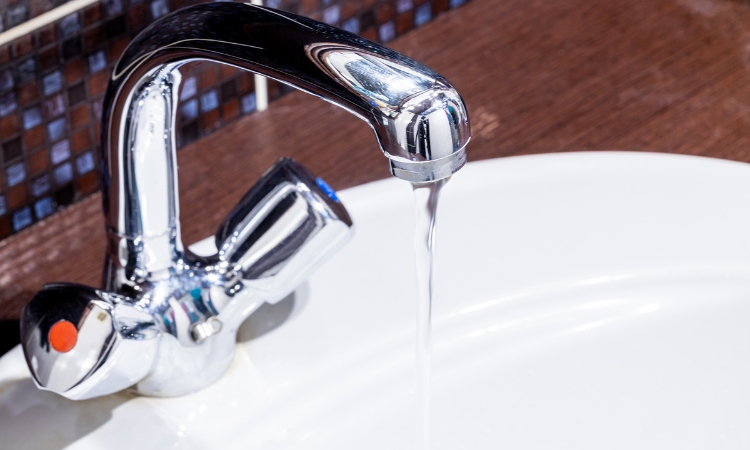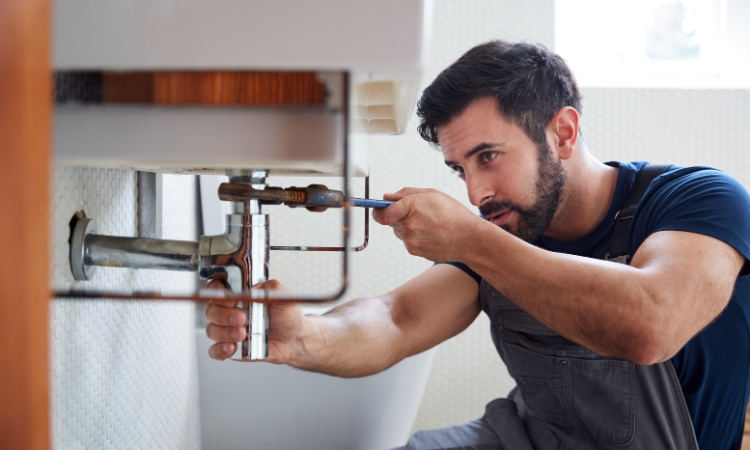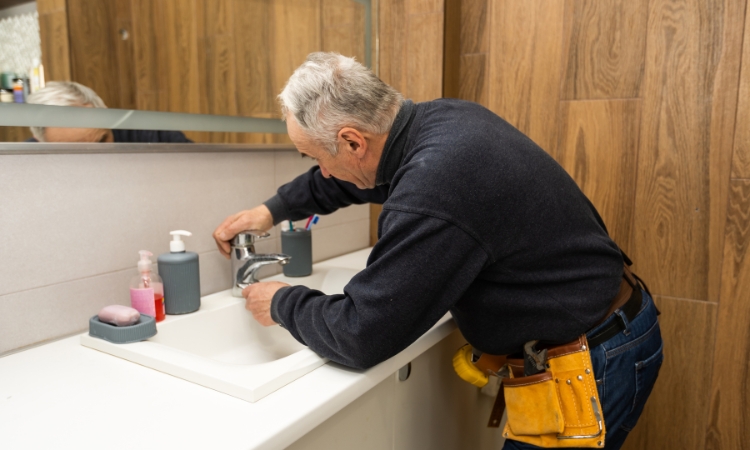It is an exciting and rewarding DIY project to fix a leaky faucet. Water wastage due to a dripping faucet is also a widespread household problem and results in higher utility bills. That’s a huge pain, but don’t stress—learning how to fix a leaky faucet is something you can take on by yourself with the right tools and a bit of knowledge. Armed with this step-by-step guide, you can repair a leaky faucet in Singapore.
How to Fix a Leaky Faucet in Singapore?
Repairing a leaky faucet is fun if you are equipped with the proper knowledge and tools. Homeowners can save the cost of a professional by adopting the DIY approach to repair a leaky faucet. With the tips provided by PS Home Maintenance Singapore, which offers services like toilet bowl replacement, toilet plumbing, and kitchen sink replacement, it’s high time to start repairing your leaky faucet.
Step 1: Identify the Type of Faucet
First of all, you should identify the type of your faucet. The four common types of faucets are compression, ball, cartridge, and ceramic disk. Knowing the type of faucet will help you understand how it works and what tools you’ll need for the repair.
Step 2: Gather What You Need and Tools
Here are simple tools and materials for repairing a dripping faucet. You might find them handy:
- An adjustable wrench
- Screwdriver
- Pliers
- Replacement parts like washers or O-rings
- Plumber’s tape
So make sure that you have everything with you before starting. This will help you avoid last-minute hassle.

Step 3: Shut Off Water Supply
Before working on the faucet, shut off the water supply to avoid potential floods. Shut-off valves are usually located under the sink; you need to tighten them clockwise. If they are not there, you may even have to consider closing the main water supply to your house.
Step 4: Remove the Faucet
With the water supply off, you can now disassemble the faucet. Take your wrench and carefully remove the handle and other parts; make sure to note them all down so that you know how to reassemble the faucet.
Step 5: Check and Replace Worn Parts
Having disassembled the faucet, inspect each part for signs of wear. Worn washers, O-rings, and seals are often the cause of a leaky faucet. If you find the same, replace them with new spares to fix a leaky faucet. Be sure to use parts compatible with your type of faucet.
Step 6: Reassemble the Faucet
With all the worn parts replaced, it is time to reassemble the faucet. Put all the parts back in reverse order of removal. Be sure everything is put together well and tight but not overdone because this will result in damage.

Step 7: Turn the Water Supply On
When you have reassembled the faucet, turn back on the water supply and slowly open the shut-off valves under the sink or your main water supply to your house. Ensure there are no leaks and that the faucet is working effectively.
Step 8: Test the Faucet
Finally, test the faucet to ensure the leak has been fixed. Turn on and off the faucet several times, checking for leaking. If everything looks good, you have just repaired your leaky faucet!
Conclusion
In conclusion, this article is to help you fix a leaky faucet through a DIY approach to minimize the cost and maximize the comfort. Fixing a leaking tap in Singapore is easy and will not cost you much money or wastewater. By following this step-by-step guide, you can fix the problem and be confident. Remember the type of faucet, tools, and materials needed, turn off the water supply, disassemble the faucet, inspect and replace worn parts, reassemble the faucet, turn the water supply back on, and test the faucet. With a bit of hard work and patience, you’ll have your tap running again in no time.
